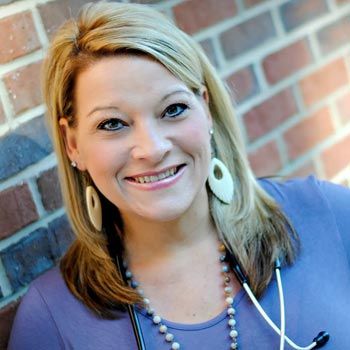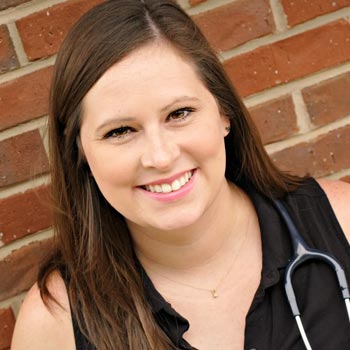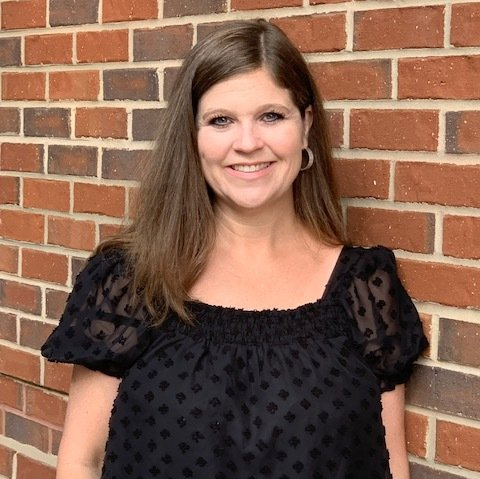Poison Control
(800) 222-1222
Poison Control
After Hours Number
(800) 222-1222
(256) 381-9350
ADHD Clinic and Information
What is ADHD?
Attention-deficit/hyperactivity disorder (ADHD) is a chronic condition that affects millions of children and often continues into adulthood. ADHD includes a combination of persistent problems, such as difficulty sustaining attention, hyperactivity and impulsive behavior. Children with ADHD may also struggle with low self-esteem, troubled relationships and poor performance in school. Symptoms sometimes lessen with age. However, some people never completely outgrow their ADHD symptoms. But they can learn strategies to be successful. While treatment won't cure ADHD< it can help a great deal with symptoms. Treatment typically involves medications and behavioral interventions. Early diagnosis and treatment can make a big difference in outcomes.
What are the symptoms of ADHD?
The primary features of ADHD include inattention and hyperactive-impulsive behavior. ADHD symptoms start before age 12, and in some children, they're noticeable as early as 3 years of age. ADHD symptoms can be mild, moderate or severe, and they may continue into adulthood.
ADHD occurs more often in males than in females, and behaviors can be different in boys and girls. For example, boys may be more hyperactive and girls may tend to be quietly inattentive.
There are three subtypes of ADHD:
- Predominantly inattentive. The majority of symptoms fall under inattention.
- Predominantly hyperactive/impulsive. The majority of symptoms are hyperactive and impulsive.
- Combined. This is a mix of inattentive symptoms and hyperactive/impulsive symptoms.
Inattention
A child who shows a pattern of inattention may often:
- Fail to pay close attention to details or make careless mistakes in schoolwork
- Have trouble staying focused in tasks or play
- Appear not to listen, even when spoken to directly
- Have difficulty following through on instructions and fail to finish schoolwork or chores
- Have trouble organizing tasks and activities
- Avoid or dislike tasks that require focused mental effort, such as homework
- Lose items needed for tasks or activities, for example, toys, school assignments, pencils
- Be easily distracted
- Forget to do some daily activities, such as forgetting to do chores
Hyperactivity and Impulsivity
A child who shows a pattern of hyperactive and impulsive symptoms may often:
- Fidget with or tap his or her hands or feet, or squirm in the seat
- Have difficulty staying seated in the classroom or in other situations
- Be on the go, in constant motion
- Run around or climb in situations when it's not appropriate
- Have trouble playing or doing an activity quietly
- Talk too much
- Blurt out answers, interrupting the questioner
- Have difficulty waiting for his or her turn
- Interrupt or intrude on others' conversations, games or activities
Typical Developmental Behavior vs. ADHD
Most healthy children are inattentive, hyperactive or impulsive at one time or another. It's typical for preschoolers to have short attention spans and be unable to stick with one activity for long. Even in older children and teenagers, attention span often depends on the level of interest.
The same is true of hyperactivity. Young children are naturally energetic — they often are still full of energy long after they've worn their parents out. In addition, some children just naturally have a higher activity level than others do. Children should never be classified as having ADHD just because they're different from their friends or siblings.
Children who have problems in school but get along well at home or with friends are likely struggling with something other than ADHD. The same is true of children who are hyperactive or inattentive at home, but whose schoolwork and friendships remain unaffected.
How TVP can help?
Dr. Melvin has been diagnosing and treating ADHD for over 30 years. For most children, 6 and up, we can diagnosis and treat your ADHD at TVP. Children under 6 or some who have extensive other diagnoses, may need to also work with a psychologist or psychiatrist.
If you or your child's teacher think your child might have ADHD, please call or discuss it with your provider at your next visit. They will make sure that we can meet your needs within our office. Dr. Melvin uses a diagnosis method called Connor Scales. These are questionnaires that two parents/caretakers and one teacher fill out for the child. These are returned and "scored" letting Dr. Melvin diagnose ADHD from severe to mild or not at all. After they are scored, Breah Stanfield, our Behavioral Health Intake Coordinator will call and set up an appointment for your child. These appointments are coordinated with our bimonthly ADHD clinics at the Adolescent Clinic and the Behavioral Clinic in Florence.
Your first time ADHD appointment will be with Dr. Melvin. He will discuss your child's Connor Scales and your concerns about your child. This is typically a 30 minute to 1 hour appointment so please plan accordingly. Because it is so long, you will be asked to reschedule if you are late. If this happens or you miss this first appointment, you will be put next in line as we always have a waiting list.
If you and Dr. Melvin decide medication is the best option for your child, best practices show that medication monitoring is essential for good care. Your child will need to come in every three months for us to check their weight and discuss any concerns with you. You will not be able to receive medication on month three until we see your child. Drug tests may be required at medication rechecks to be sure your child is tanking their medication, especially if they are prescribed a controlled substance. Amanda Hill, CRNP, Katie Campbell, CRNP and Alicia Nix, CRNP work in coordination with Dr. Melvin for ADHD appointments. These are usually done in conjunction with our ADHD clinics or at the main office.
Medication prescriptions can be mailed or picked up at our main office. They can be mailed or picked up 24 hours after requested in most circumstances.




Learn More About Tennessee Valley Pediatrics
Have a pediatrics-related question? We have the answer! Check out our FAQs below to learn more about our company and services.
-
Do you treat children and adolescents with anxiety and depression?
Yes! As this is a growing concern among children and adolescents, we have created a space for these children. We have a Behavioral Health Clinic with dedicated services for these patients and their families.
-
Are you accepting new patients?
Yes, Tennessee Valley Pediatrics is currently accepting new patients who need a pediatrician.
-
Do you have weekend hours?
Yes. Our main office in Tuscumbia is open from 8-11 a.m. on Saturdays and 1-4 p.m. on Sundays for your convenience. It operates like a walk-in clinic for TVP patients. You can come anytime during these hours and you do not need an appointment.
MAIN OFFICE
ADOLESCENT CLINIC
1111 S Jackson Hwy
Sheffield, AL 35660
RUSSELLVILLE CLINIC
605 Gandy St NE
Russellville, AL 35653
FLORENCE CLINIC
614 S. Court St
Florence, AL 35630

Share On: